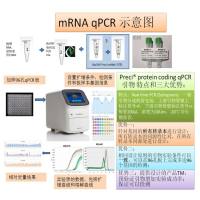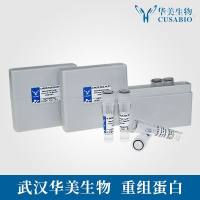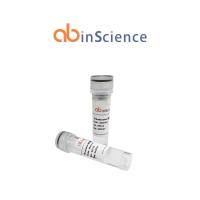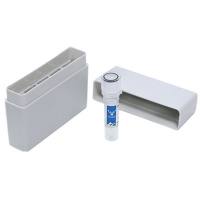Antibody-Bearing Liposomes as Chloroquine Vehicles in Treatment of Murine Malaria
互联网
互联网
相关产品推荐

mouse Map3k12 mRNA引物对(基因ID=26404),别名(DL; Zp; DLK; MUK; Zpk; mitogen-activated protein kinase kinase kinase 12; MAPK-upstream kinase; dual leucine zipper bearing kinase; leucine-zipper protein kinase; mixed lineage kinase; zipper (leucine) protein kinase)
¥129

Control liposomes for Alenphosome™ - A (neutral)
¥2197

PIEZO1/PIEZO1蛋白Recombinant Human Piezo-type mechanosensitive ion channel component 1 (PIEZO1)重组蛋白(Membrane protein induced by beta-amyloid treatment)(Mib)(Protein FAM38A)蛋白
¥1836

Anti-Murine minute virus/MVM NS1 Polyclonal Antibody
¥1008

GST|GST抗体|GST Monoclonal Antibody|单克隆抗体
¥600
相关问答

